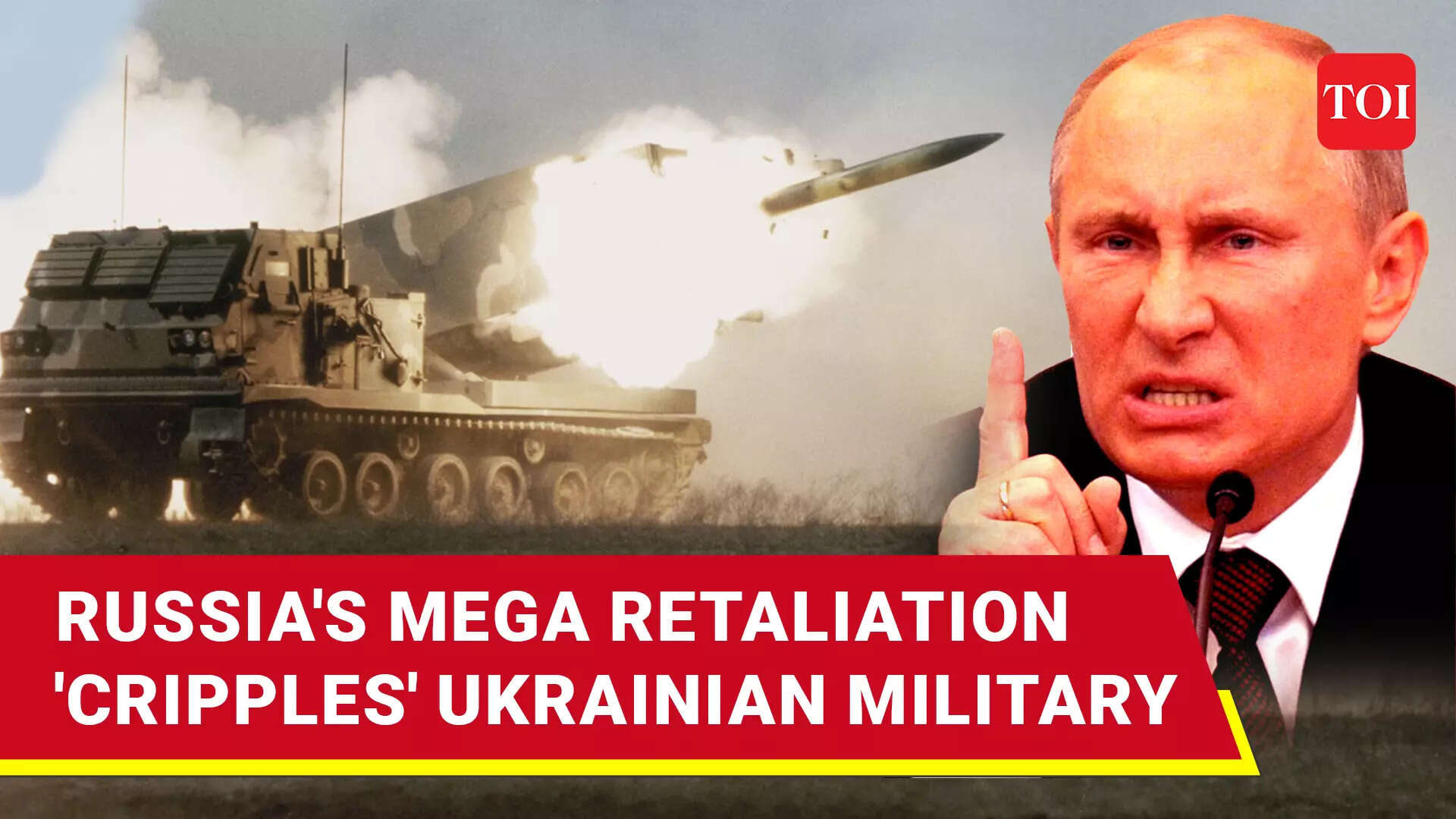Alright, folks, buckle up. The situation in Gaza is about to get a whole lot more intense. The Israel Defense Forces (IDF) just announced they’re drafting a substantial wave of reservists – we’re talking tens of thousands – prepping for a significant expansion of their military operation in Gaza. This isn’t just about sending in a few extra troops; this is a clear signal of intent.
While the exact duration of this reservist service is still murky, sources within the IDF are hinting it could be a prolonged deployment. We’re not talking weeks here, people, potentially months. This isn’t a light switch; it’s a commitment.
Here’s the play: these reservists are primarily being deployed to relieve active duty forces positioned in the North and West Bank. This frees up those seasoned combat units to double down on the ground offensive in Gaza. In essence, they’re redeploying assets for maximum impact.
We knew things were building, and reports now confirm three IDF divisions are already engaged in Gaza. But the coming phase? It’s expanding, reaching further, and cranking up the pressure on Hamas – and that’s putting it mildly. This is a critical pivot.
Understanding Reserve Duty and Military Escalation:
Reserve duty is a cornerstone of Israel’s military strategy, allowing for rapid force expansion during times of conflict. It relies on citizens with prior military training.
A large-scale call-up like this indicates a decision to move beyond contained operations to a more sustained and potentially broader military campaign. It’s a critical indicator of intent.
Redeploying active duty troops from other areas suggests a desire to concentrate force. Focusing resources allows for more decisive action in the primary theater of conflict.
The expansion of operational areas speaks to a strategic shift, aiming to dismantle Hamas infrastructure and capabilities. This often involves a higher risk profile but also a potential for greater gains.
Ultimately, this decision isn’t just about military power; it’s a political calculation with huge implications for the region.






:max_bytes(150000):strip_icc()/MicroStrategyitschairmanMichaelSaylorandbitcoin-7ff7439c8a2543dd96b43baac69d2f55.jpg)
